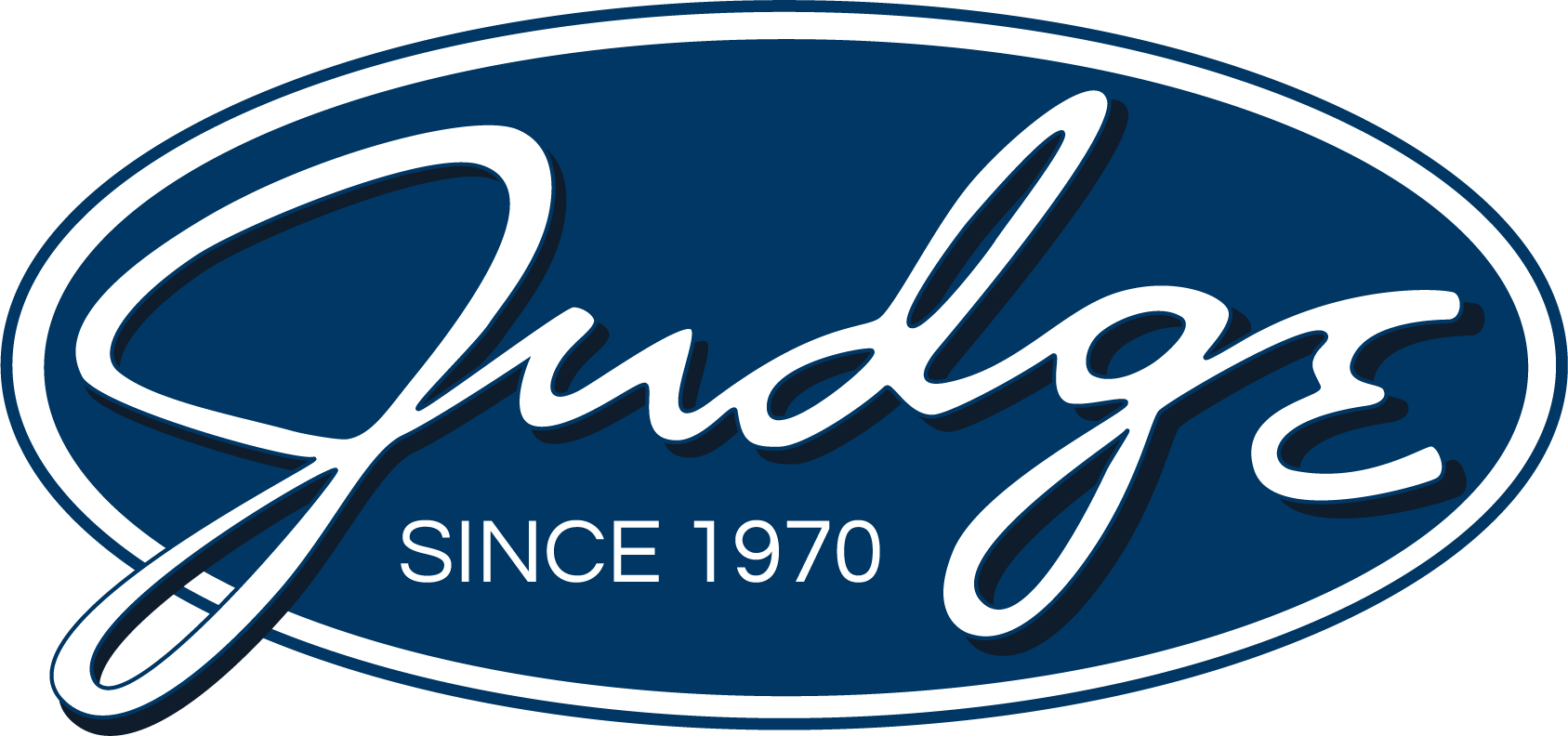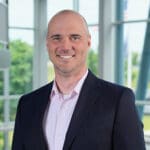Guerrilla Leadership Development: Stop Waiting and Get Started
Let’s talk about your leadership development program — the one last updated when Netflix only mailed DVDs. You know the one.
Here’s how it usually goes:
- Someone realizes, “Hey, we need better leaders!” (Usually after a bumpy quarterly review.)
- A committee is formed. Six months vanish into researching best practices.
- Out comes a pristine (and pricey) 40-slide proposal for a year-long leadership program.
- Then… nothing. It gets stuck in approvals, forgotten during the next reorg, and the cycle repeats.
Meanwhile, your future leaders are out there winging it. They’re leaning on gut instinct, piecemeal advice from LinkedIn influencers, and vague memories of an old TED Talk they once watched.
We need to find a better way.
This is where guerrilla leadership development comes in. Think of it like a food truck compared to a five-star restaurant. The fancy spot might have ambience, but when people are hungry, a great food truck is fast, effective, and sometimes better than the Michelin-starred meal.
What Makes It Guerrilla?
Guerrilla leadership development is scrappy, agile, and unapologetically practical. It’s the opposite of traditional leadership programs that often get caught in months of development and multiple approval cycles before seeing the light of day.
Instead of waiting for the perfect program, you’re looking for high-impact opportunities that you can implement quickly with minimal resources. Think of it as an agile approach to leadership development — start small, iterate based on feedback, and build momentum as you go.
What Does It Look Like?
Let’s get practical. Here are some guerrilla tactics you can start implementing:
Reverse Mentoring
Pair your junior employees with senior leaders for mentorship. That Gen Z social media wizard? They’ve got lessons your C-suite could really use. It’s a refreshing way to break down silos and foster a two-way learning culture.
Micro-Learning Leadership Moments
Skip the two-day retreats. Build quick, bite-sized lessons into the workday. Big presentation coming up? Share a two-minute tip on executive presence. Team conflict brewing? Time for a rapid refresher on crucial conversations. This is stealth leadership development, baked right into real-world moments.
Leadership Labs
Set up short-term, hands-on challenges where emerging leaders solve actual organizational problems. These projects allow them to gain real experience, test their decision-making skills, and make meaningful contributions in the process.
Decision Clinics
Start a bi-weekly “decision clinic” where leaders bring real decisions they’re struggling with to a peer group. One person presents their challenge in 10 minutes, then the group spends 20 minutes asking questions and offering perspectives. It builds decision-making muscles while creating a support network.
But What About…?
You can probably hear the objections now. “But what about consistency? Scale? Documentation? Proper needs analysis?”
These are valid concerns. But here’s the thing: While you’re busy chasing perfection, your leaders are out there leading now.
Good enough beats perfect when the alternative is nothing.
Start something. Anything. Today. Your leaders need skills now, not in six months when that perfect program finally gets approved. Try one guerrilla tactic this week. If it works, great! If it doesn’t, try something else.
Because something good today is better than something perfect never.
Ready to join the guerrilla leadership development movement? I’d love to hear your stories of quick wins and rapid implementation, or discuss any questions you may have. Email me at JLS@judge.com.
About Mark Burke
Mark Burke joined The Judge Group in 2019 and is Vice President of Solutions & Strategy where he consults with clients to help them assess their situation, create a strategy, and design and develop a best-in-class solutions. Mark’s experience includes the creation and management of five different online universities, the development of competency profiles and related curricula for many Fortune 100 companies, owning his own assessment and consulting company, and 20 years of developing and implementing learning strategies in both corporate and higher education environments.





